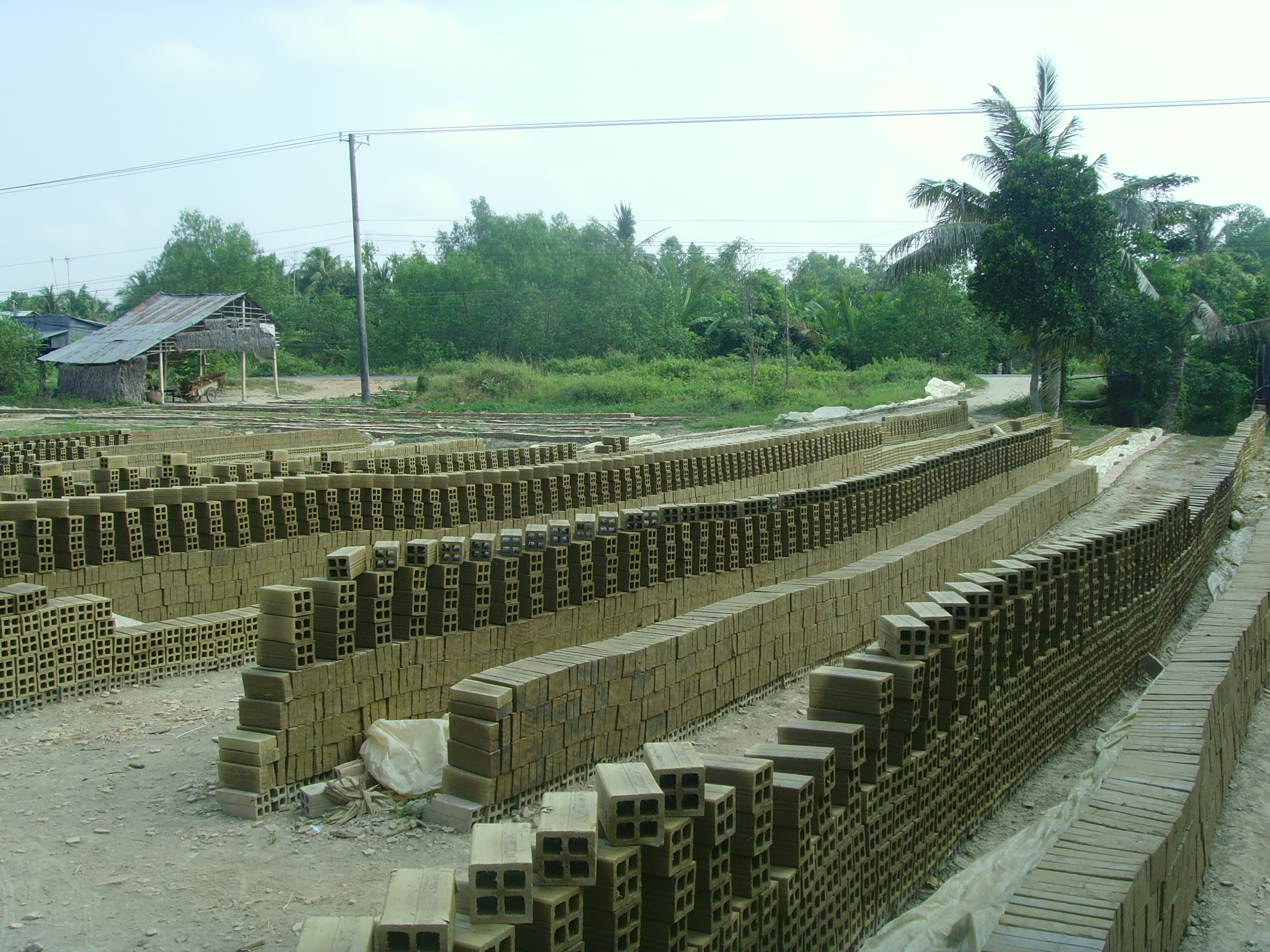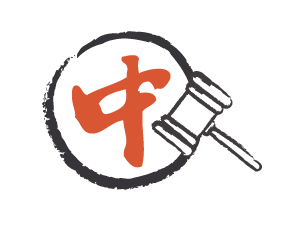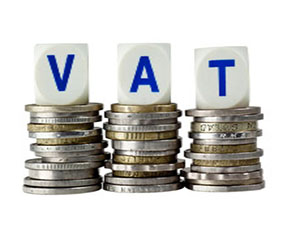Vietnam News Brief: Tariffs on Exported Plastic Bags, e-Government, and ASEAN-China FTA
09/02/2015In this Vietnam Regulatory Brief, we look at some of the important regulatory changes taking place in Vietnam during the month of September, including tariffs on plastic bags, e-government programs, and the expansion of the ASEAN-China FTA.
Exploring New Opportunities in Adaptive Learning in China
08/14/2015The term ‘adaptive learning’ has been misunderstood in some cases, and misused in others. A relatively new development in education technology, especially in emerging markets such as China, some consider adaptive learning to be the application of content-mapping and norm-referencing (the assessment of a performance in terms of its relationship to the larger group) to learning tools.
Outlook on Light Manufacturing in China: August 2015
08/06/2015Cascade Asia reports every month on labor development in China, with August featuring increased risk of fires and employee absentee rates due to the heat, more safety inspections and minimum wage hikes in Fujian.
Smoothly Converting from an RO to a WFOE: Employee Transfer and Timing
08/04/2015For foreign investors planning to “convert” their previously established Representative Office (RO) to a Wholly Foreign Owned Enterprise (WFOE), the order of events and their relative timing are important considerations for ensuring a smooth transition from the former to the latter.
Personal Income Tax Changes Come into Effect
07/31/2015Ministry of Finance guidelines on personal income tax (PIT) in Circular No. 92/2015/TT-BTC came into effect on 30 July, 2015, applying to the 2015 tax period.
ASEAN Regulatory Brief: M&A, GST, and Bilateral Trade
07/20/2015In this ASEAN Regulatory Brief, we look at some of the important regulatory changes taking place in Singapore, Malaysia, and Thailand during the second half of the month of July.
Vietnam Tops Global Greenfield FDI Project Rankings
07/17/2015Vietnam has come first in a ranking of countries for greenfield foreign direct investment in a study carried out by Financial Times data division fDi Intelligence.
China Regulatory Brief: Simplified Procedures for Work Visa Applications
07/06/2015In this week's China Regulatory Brief, we talk about the simplified procedures for work visa applications, relaxed requirements for foreign talents to obtain a permanent residence permit in China, Shenzhen to abolish company's name pre-approval and the six overseas offices of the Shanghai FTZ.
China's VAT Amongst Highest in Asia
07/06/2015China's basic consumption tax - in this case VAT - is amongst the highest in Asia, which may partially account for its sluggish approach to becoming a consumer driven economy. China's 17 percent rate outstrips developed economies such as Japan at 8 percent, Singapore at 7 percent and India, whose rate approaches 15 percent at the higher end.
Understanding China’s Accounting Practice: Chinese GAAP vs. China’s Tax System
07/03/2015One of the most challenging tasks for foreign investors in China might be to fully understand the financial statements prepared for their entities. In this article, we walk investors through the accounting practice in China, as well as explain the differences between China’s tax system and Chinese GAAP.
The Housing Fund in China - What Investors Need to Know
06/25/2015The Housing Fund is a unique feature of the Chinese welfare system, allowing employees to save money to pay for and maintain their own accommodation. Both employers and employees must make regular contributions into the Housing Fund.
Visa Waiver for Citizens of France, Germany, Italy, Spain, and the UK - The Real Impact
06/19/2015Vietnam appears to be opening up to foreign tourists by waiving visa requirements for citizens of the five EU countries France, Germany, Italy, Spain and the UK.













